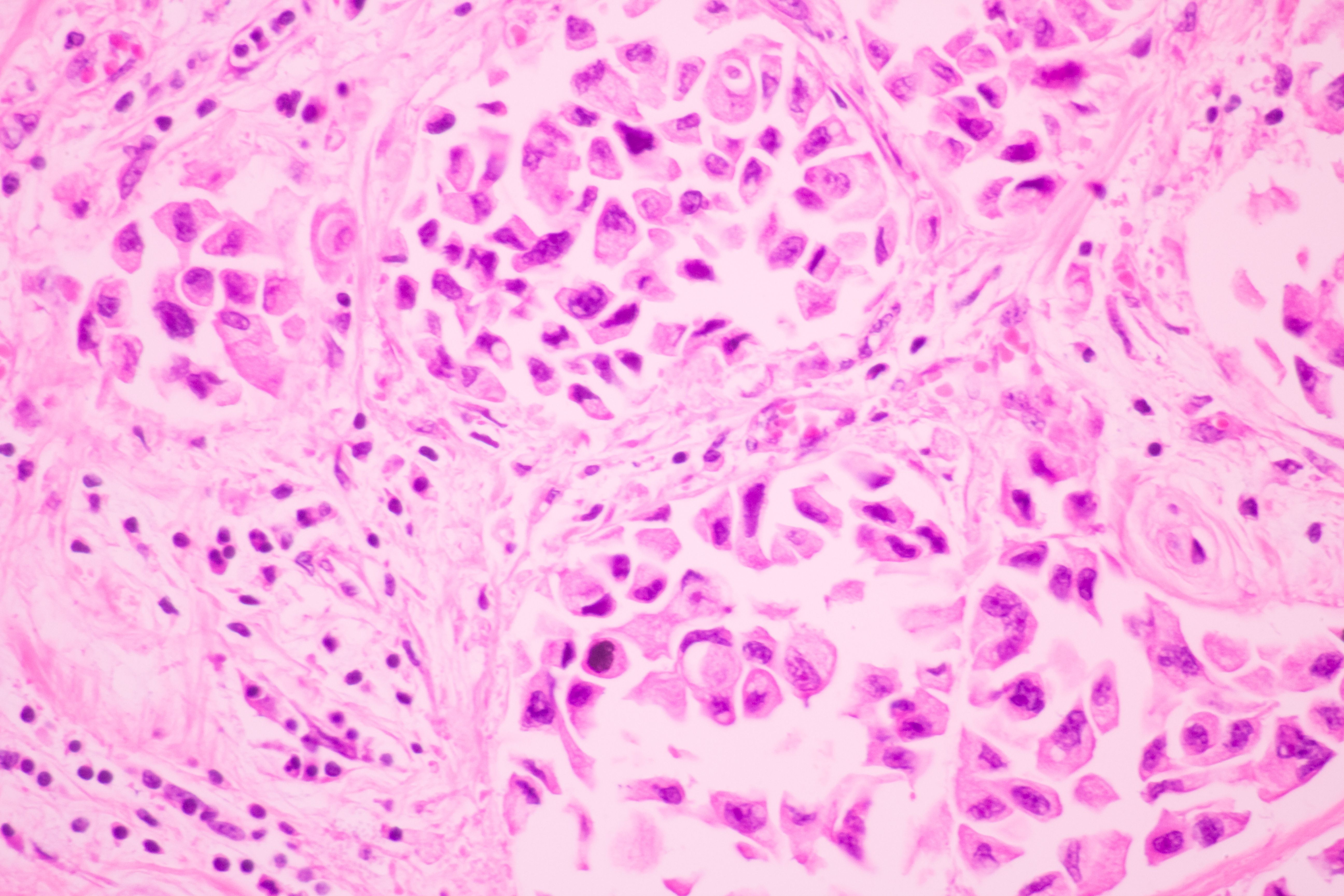
HER2 Breast Cancer
Latest News
Latest Videos

Shorts
Podcasts
CME Content
More News
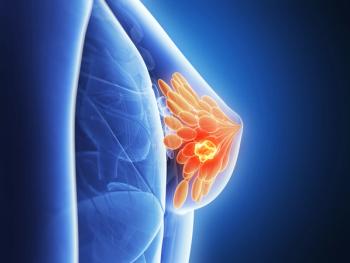
The approval is supported by findings from the phase 3 DESTINY-Breast09 trial.

Palbociclib Combination Is Safe, Efficacious in Patients With HER2-Positive Metastatic Breast Cancer
Discover how the combination of palbociclib, trastuzumab, and endocrine therapy enhances survival in HER2-positive advanced breast cancer patients.


CAR T-cell therapy shows promise for treating HER2-positive breast cancer with CNS metastases, offering a novel approach to improve patient outcomes.
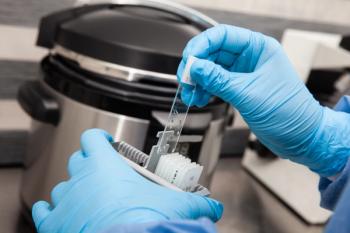
Advanced IHC assays enhance HER2-low breast cancer detection, improving treatment eligibility for trastuzumab deruxtecan.

SHR-A1811 is a novel HER2-targeting ADC comprised of trastuzumab linked to a topoisomerase I inhibitor payload via a cleavable linker.

Giredestrant and everolimus show significant survival benefits for ER-positive, HER2-negative advanced breast cancer post-CDK4/6 therapy.
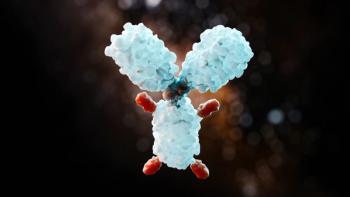
SHR-A1811 shows significant antitumor activity in early-stage HER2+ breast cancer, both alone and with pyrotinib, promising improved treatment outcomes.

Gedatolisib shows promise in enhancing progression-free survival for HR+/HER2– breast cancer patients resistant to standard therapies, as revealed in ESMO 2025.
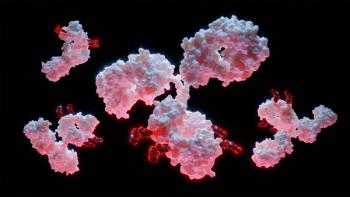
Experts at ESMO 2025 highlight antibody-drug conjugates in HER2-positive metastatic breast cancer treatment.

New data from the NATALEE trial reveals ribociclib significantly improves invasive disease-free survival in HR+/HER2– early breast cancer.
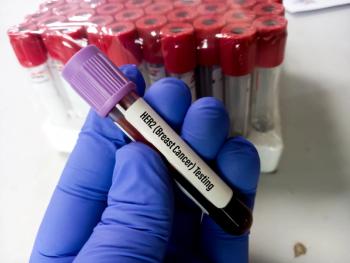
Recent trials reveal fam-trastuzumab deruxtecan-nxki's potential to transform treatment for patients with high-risk HER2-positive breast cancer, enhancing survival rates significantly.

The approval is supported by clinical findings from the EMBER-3 trial.

GLSI-100 shows promise in preventing HER2-positive breast cancer recurrence after standard therapy.

Patritumab deruxtecan shows promising efficacy in HR+/HER2– metastatic breast cancer, meeting key trial end points and highlighting its potential for advanced treatment.
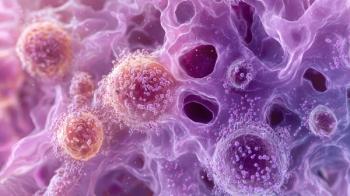
Abemaciclib enhances overall survival in high-risk HR+, HER2– early breast cancer, establishing its role as a standard adjuvant therapy.
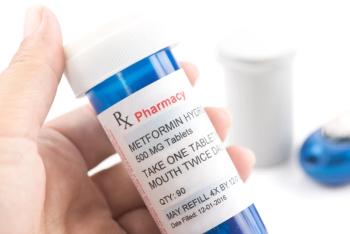
The study results could help bolster metformin as a potentially attractive option for patients with HER2-positive breast cancer.
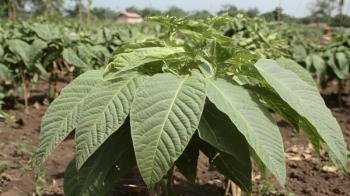
A new study found that the natural alkaloids mitragynine and 7-hydroxymitragynine from Mitragyna speciosa showed stable binding and favorable drug-likeness as potential HER2 inhibitors in breast cancer.

Palbociclib revolutionizes HR+/HER2- breast cancer treatment, enhancing outcomes with endocrine therapies and promising new combinations for better patient care.
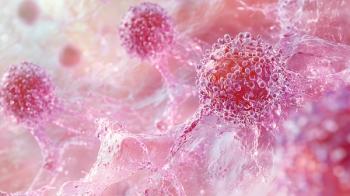
Research reveals that clinical stage significantly influences survival rates in HER2-positive breast cancer patients undergoing neoadjuvant chemotherapy.
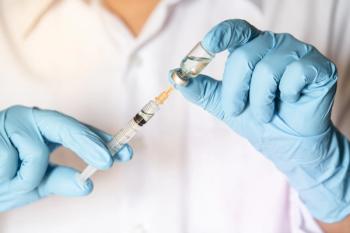
PHESGO reduced patient infusion time from 90 minutes to as few as 5, enhancing patient experience while maintaining efficacy and safety.
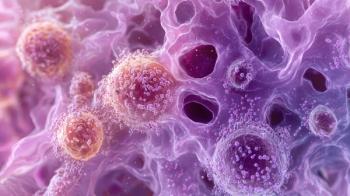
Emerging trial results reveal gedatolisib significantly enhances progression-free survival (PFS) in advanced HR+/HER2- breast cancer.
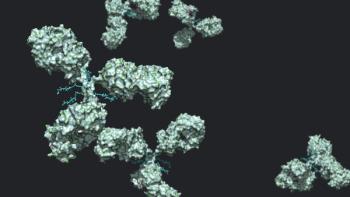
Trastuzumab deruxtecan shows promising efficacy in treating HER2-positive metastatic breast cancer with brain metastases, offering hope for challenging cases.
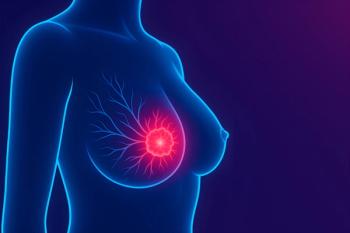
Study Finds HER2-Negative Outperforms HER2-Low in Neoadjuvant Chemotherapy Response in Breast Cancer
Research reveals HER2-negative breast cancer shows higher pCR rates than HER2-low, influencing neoadjuvant chemotherapy strategies for early-stage patients.
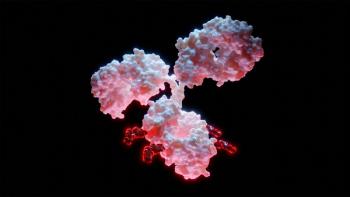
Combination therapy with trastuzumab emtansine and trastuzumab significantly enhances survival rates in HER2-positive early breast cancer, outperforming trastuzumab alone.


